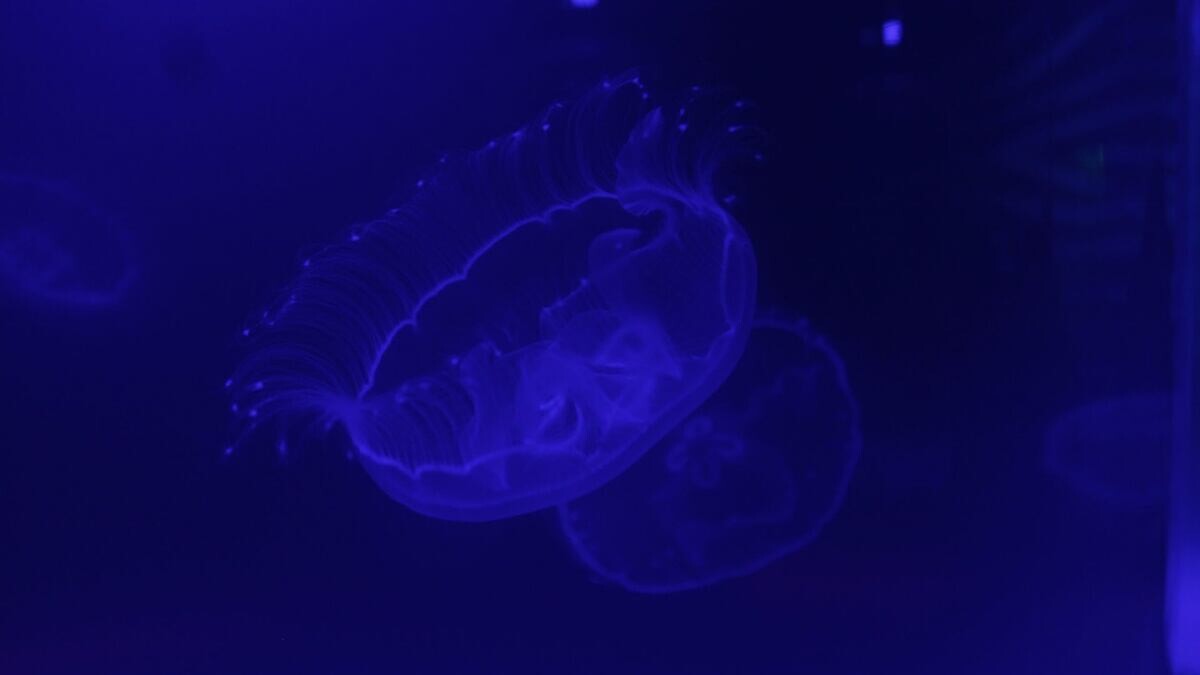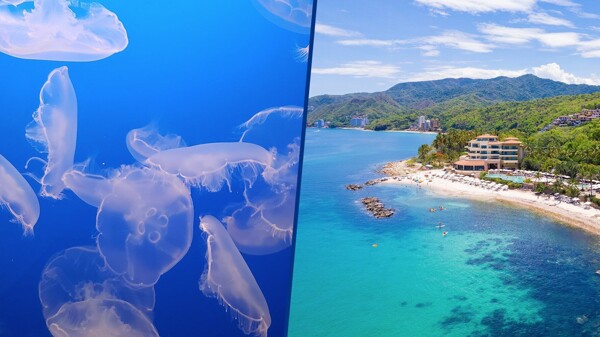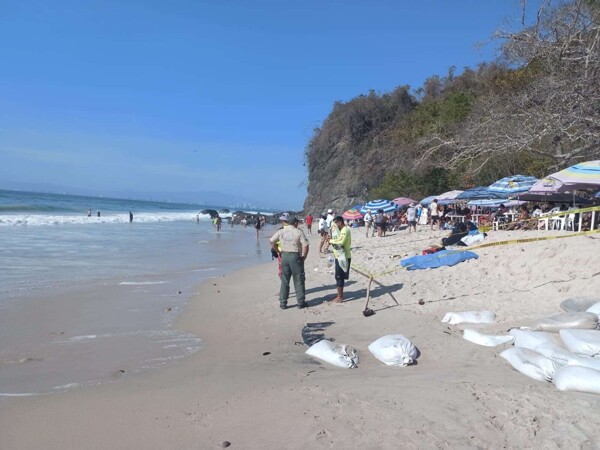
The Civil Protection authorities of Jalisco have alerted about the presence of the Portuguese man o' war on the beaches of Puerto Vallarta, a popular tourist destination during Holy Week vacations. The Portuguese man o' war can cause severe skin damage upon contact, which is why purple and red flags have been placed on 90% of the beaches, prohibiting bathers from entering the sea in those areas.
Civil Protection of Jalisco recommended that people who have been stung by a jellyfish not rub the affected area, rinse with seawater, and carefully remove the fragments of the animal. It is advised to use vinegar to minimize pain, apply local and oral antihistamines, and, in severe cases, administer adrenaline subcutaneously.
In the case of a jellyfish sting on the beaches of Veracruz, it is advised to remove the tentacles with a towel, neutralize the venom with vinegar, apply cold compresses to relieve pain, and use specific solutions to inhibit the release of nematocysts. Contact with fresh water should be avoided, and seawater is recommended for cleaning the sting.
The Portuguese man o' war, although often confused with jellyfish, is actually a "colony" of smaller organisms that group together to survive. Its scientific name is Physalia physalis and is characterized by having a "sail" on top that allows it to float on the surface of the sea. Its tentacles can reach up to 50 meters in length and are blue or purple. Unlike jellyfish, the Portuguese man o' war stings when it feels threatened and releases a paralyzing venom.













